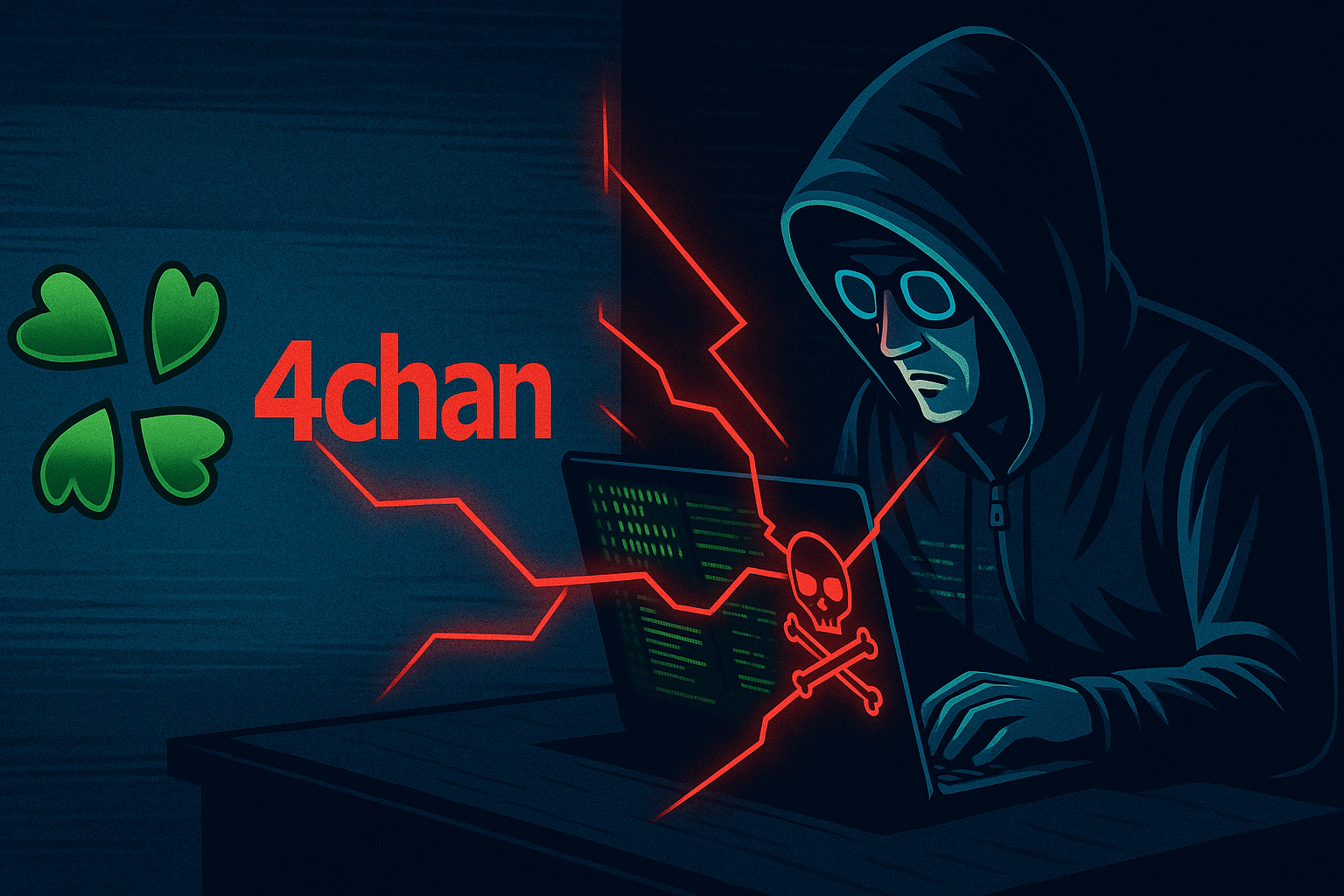In an alarming escalation of cyber-espionage tactics, Russian state-sponsored hackers, known as APT29, Cozy Bear, or Midnight Blizzard, have launched a sophisticated campaign targeting European diplomats. Recent cybersecurity reports have unveiled a meticulously crafted phishing operation that aims to compromise diplomatic systems across Europe, once again highlighting the persistent threat posed by nation-state actors in cyberspace.
According to a detailed report by Politico, the hacking group disguised their phishing emails as invitations to exclusive wine-tasting events. With subject lines like “Wine Testing Event” and “Diplomatic Dinner,” these emails appeared to originate from a legitimate European foreign affairs ministry. The goal was simple yet insidious: entice recipients into clicking on malicious links that would download malware onto their systems.
What makes this campaign particularly dangerous is its use of two advanced malware loaders: “GRAPELOADER” and an updated variant of “WINELOADER.” Cybersecurity researchers at Check Point Research uncovered that these tools are designed for stealth and persistence. GRAPELOADER acts as the initial access point, while WINELOADER installs more potent malware capable of surveillance, credential theft, and lateral movement within a network.
APT29 has a notorious history of cyber-espionage. Best known for their involvement in the 2016 Democratic National Committee breach and the SolarWinds supply chain attack, the group is widely believed to operate under Russia’s Foreign Intelligence Service (SVR). According to Wikipedia, Cozy Bear has consistently demonstrated patience, technical sophistication, and a deep understanding of their targets, traits that are evident once again in this latest campaign.
The diplomatic community represents a high-value target. Information obtained from diplomats can offer critical insights into international negotiations, policy shifts, and confidential communications. This latest attack was carefully timed and executed, suggesting significant investment in reconnaissance to maximize the operation’s effectiveness. The use of an innocuous lure like a wine-tasting invitation shows an awareness of diplomatic culture and preferences, an important factor that increased the likelihood of success.
Security experts warn that this incident is likely only the tip of the iceberg. Diplomats, embassies, and government agencies must maintain heightened vigilance. Multi-factor authentication (MFA), employee training on phishing awareness, strict access controls, and regular cybersecurity audits are vital measures to defend against such threats.
In addition to these immediate defenses, broader policy changes may be necessary. European policymakers are increasingly considering regulations that would mandate minimum cybersecurity standards for all diplomatic entities operating within EU borders. Failure to implement robust defenses could have serious ramifications not only for national security but also for international diplomacy and stability.
This campaign also demonstrates a concerning trend: the blurring line between traditional espionage and cyber-operations. Historically, spying required physical presence and human networks. Today, state-sponsored cyber operations allow adversaries to achieve similar, if not greater, levels of intelligence gathering remotely, anonymously, and at a fraction of the cost.
Moreover, the success of campaigns like this one emboldens adversarial states to continue aggressive cyber-espionage activities. When operations are successful and go unpunished, they become templates for future attacks against broader and more critical targets.
Organizations must prepare for a future where phishing attacks are no longer poorly written scams, but carefully tailored, linguistically flawless lures that mimic legitimate interactions. The threat landscape has evolved, and so must cybersecurity strategies.
As Bleeping Computer reports, APT29’s campaign against EU diplomats has been one of the most sophisticated social engineering operations seen this year. Analysts note that the malicious documents used in this operation were signed with valid certificates, further enhancing the appearance of legitimacy.
To add yet another layer of credibility, the phishing pages were hosted on compromised but reputable websites, rather than new domains that would more easily trigger security software alarms. These tactics are a stark reminder that traditional cybersecurity measures alone are no longer sufficient.
Cybersecurity firms recommend advanced threat detection systems capable of behavioral analysis to detect anomalies even when signatures are clean. Zero Trust architectures, endpoint detection and response (EDR) platforms, and continuous threat hunting are also critical components in modern cybersecurity defenses.
Diplomatic missions must also share information more freely. A coordinated response across EU member states can help identify patterns faster and react more efficiently to emerging threats. Agencies like ENISA (the European Union Agency for Cybersecurity) are already working to improve cooperation and threat intelligence sharing among EU institutions.
The implications of these attacks are profound. In an era of increasing geopolitical tension, the exploitation of cyber weaknesses can tilt the balance of power. Trust between nations can erode rapidly if private diplomatic communications are exposed or manipulated. Therefore, protecting diplomatic communication channels is not merely a technical necessity; it is a critical element of preserving international order.
In conclusion, the recent APT29 phishing campaign targeting EU diplomats is a wake-up call for the global community. As The Record by Recorded Future aptly summarizes, “The threat is no longer at the gates; it is inside the inbox.”
Continuous investment in cybersecurity, international cooperation, and proactive defensive measures are the only paths forward. Ignoring the evolving threat landscape is no longer an option. The question for governments and institutions is not whether they will be targeted—but whether they will be ready when it happens.



